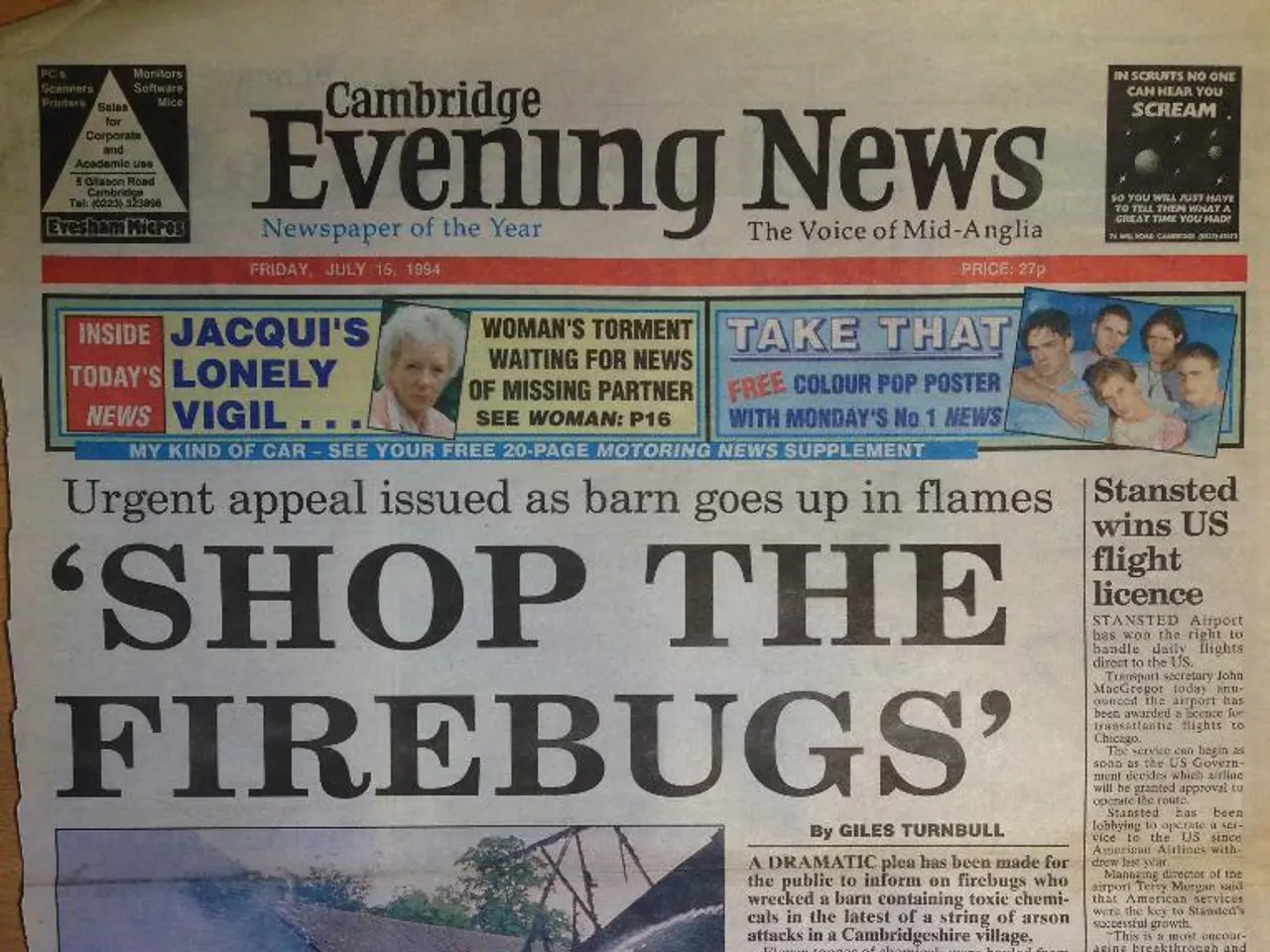Utilizing FactCheck.org: A Guide for Pedagogical Application
In the digital age, it's more important than ever to verify the information we consume online. One reliable resource for fact-checking is FactCheck.org, a nonpartisan, professionally managed site that provides transparent, disciplined fact-checking rooted in real-world evidence.
FactCheck.org's key features and benefits include transparency and discipline, a focus on verifiable facts, wide scope, educational role, reliability as a reference, and contribution to public discourse. They openly document their fact-checking processes and base conclusions on verifiable data, increasing trust in their work. By verifying statements against real-world data and evidence, they foster an informed citizenry.
The site covers claims from diverse sources, offering broad topical coverage. From politicians and economists to media figures, FactCheck.org is a valuable resource for those seeking accurate information. They also support critical thinking by providing clear, accessible explanations of their findings, helping users better recognize misinformation.
FactCheck.org is free to visit and accessible from any device with an internet connection. The site is sectioned with areas including Articles, Ask A Question, Topics, Search, and More, making navigation simple. The Ask A Question option allows users to email questions that will be researched and answered on the website.
The site's SciCheck section expands its usefulness beyond politics, making it a valuable resource for teachers of various subjects. Many articles are available in multiple languages, including English and Spanish, for maximum accessibility.
For teachers and students, FactCheck.org is a useful resource for checking source validity online and reducing confusion and deception in U.S. politics. A class activity could involve submitting questions to the website and sharing the responses with the class.
FactCheck.org is dedicated to truth, debunking myths and rumors in political stories and offering political style commentary. They offer rebuttals to false claims made online, from viral myths to online rumors. In an often confusing online mix of sources and information, FactCheck.org offers a space to find truth.
When using FactCheck.org, a tip is to work backward from sources to teach students how to fact-check stories. FactCheck.org uses a wide variety of sources, ensuring a balanced and truthful outcome.
In sum, FactCheck.org's strength lies in its adherence to evidence-based verification, transparency, and educational clarity, which provide users with trustworthy, understandable fact-checks that help combat online misinformation effectively. By promoting factual content over emotional or misleading claims, FactCheck.org aligns with best practices to combat misinformation and supports interventions encouraging users to consider accuracy before sharing information, a key strategy shown to reduce misinformation spread.
- Teachers and students can use FactCheck.org as a resource for checking the validity of sources online, aiding in education and self-development, particularly in the context of U.S. politics.
- Within the realm of online education, FactCheck.org serves as an essential tool for students, providing them with clear, accessible explanations of the facts, thereby supporting critical thinking and combating misinformation.
- FactCheck.org's educational role extends beyond politics, as the SciCheck section offers valuable insights for teachers of various subjects, contributing to a well-informed society in both the online education and traditional learning environments.




